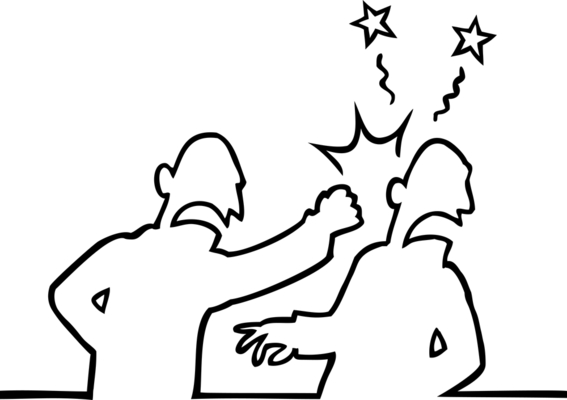6 Signs an avoidant loves you but is scared
Avoidants or those with an avoidant attachment style tend to avoid emotional closeness in relationships. They tend to value their independence more than their relationships. They have low love and connection needs. This doesn’t mean they don’t want connection at all. All human beings naturally want to connect and form close relationships. In the case …









